If you’re on the receiving end of an order of protection, you probably have several questions—but one of the most basic may be, “Is an order of protection the same thing as a restraining order?”
What is a Restraining Order in Illinois?
An order of protection is commonly called a restraining order, and the terms are somewhat interchangeable.
A restraining order essentially restrains you from doing certain things (under the prospect of legal punishment).
A restraining order under Illinois law is a legal document that a judge signs to order you to stop certain behavior and stay away from the petitioner (the person who asked for the restraining order).
How Does Someone Get a Restraining Order in Illinois?
In the state of Illinois, a person can file court papers to ask for an order of protection. He or she must explain why it’s necessary; there’s a section on the petition that allows the petitioner to describe the events that have made the restraining order necessary.
A judge will read the petition, and in some cases, talk to the petitioner, before deciding whether to grant the order of protection.
In many cases, a restraining order is issued after a domestic battery or aggravated domestic battery incident. Domestic battery or aggravated domestic battery can only occur between family members or household members, such as:
- Spouses
- Former spouses
- Parents, children and stepchildren
- People who share (or who formerly shared) a home
- People who dated or were engaged
- People who have a child in common (or allegedly have a child in common)
- People with disabilities and their personal assistants or caregivers
What if Someone Gets a Restraining Order Against You?
If someone gets a restraining order against you, you’re legally bound to obey it as soon as you receive it (someone will “serve” it to you). If you don’t, you could end up facing serious penalties, including jail or prison time.
If you’ve been notified that someone has gotten an order of protection against you, it may be in your best interest to talk to a domestic violence defense lawyer in Chicago who understands the law and the impact a restraining order can have on your life.
Call us at 847-920-4540 immediately. The sooner you call us for a free domestic violence defense case evaluation, the sooner we can help you get back on track.

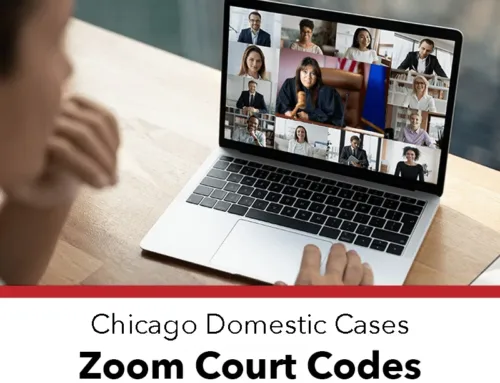
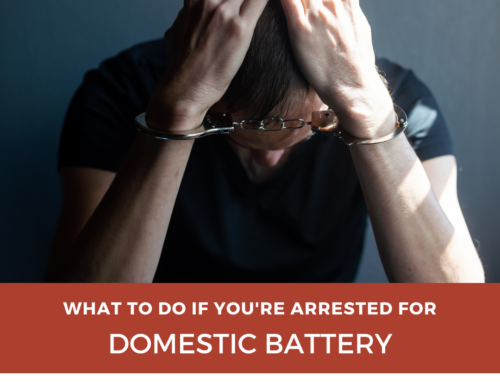
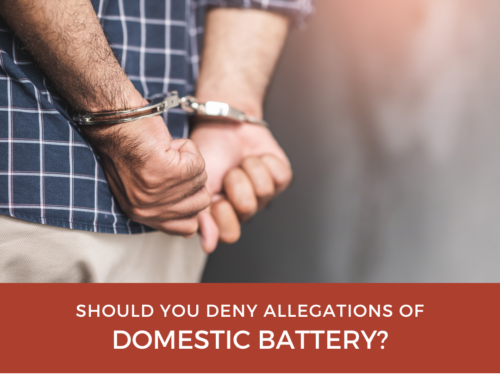
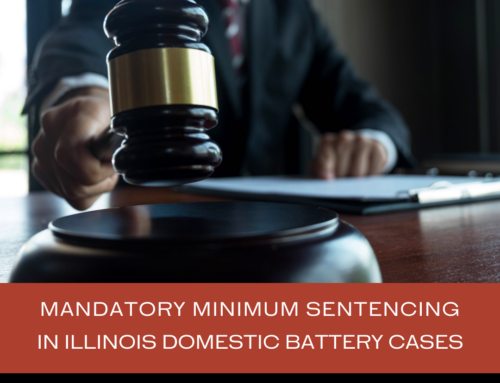
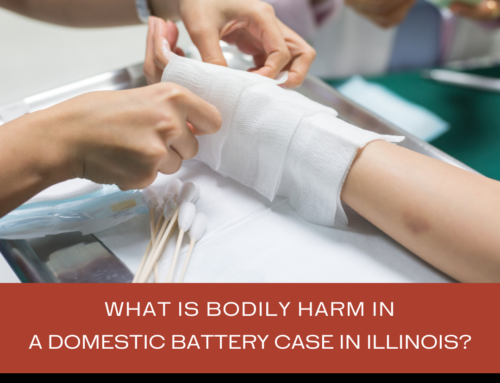
Leave A Comment
You must be logged in to post a comment.